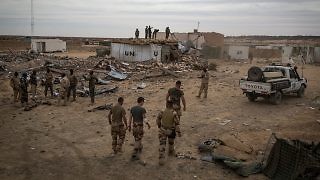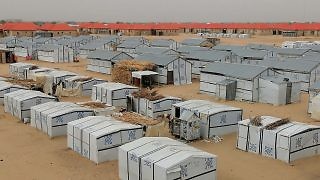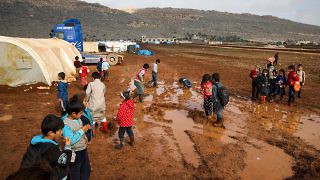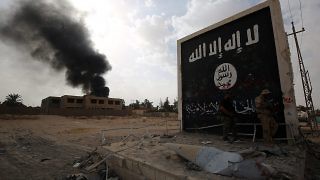Our knowledge of the threat of violent extremism and how to address it will continue to increase. The size of the UN’s bureaucracy should not have to grow with it.
Tag: terrorism
-
-
Responding to extremist violence and displacement-related issues will depend on decisiveness and more significant coordination.
-
The threat facing Côte d’Ivoire is tied to its geographical proximity to established terrorism epicenters and its domestic and foreign policy standing.
-
The attack shows that despite losing its founder and some of its top commanders in the Middle East last month, IS has fighters loyal to its cause and has strengthened in Africa.
-
While the loss of territory is undoubtedly a significant event, the future of IS and its ability to continue functioning is more complex.
-
In the current context of increased securitization and a focus on counter-terrorism, states are grappling with the need to respond to the return and reintegration of foreign fighters’ children.
-
Shifts in provincial designations reflect in part the overall collapse of IS as a state project, and its evolution into a global insurgency.
-
The challenge at hand is the dynamic between peacekeeping and counterterrorism efforts, especially as partnerships have expanded.
-
One of the many critical questions related to recovering from the effects of violent extremism and terrorism is: what is to be done with offenders when they return to local communities?
-
The mass abduction in Dapchi on February 19 provides important insights on the trajectory of Boko Haram’s near decade-long insurgency against the Nigerian state.














